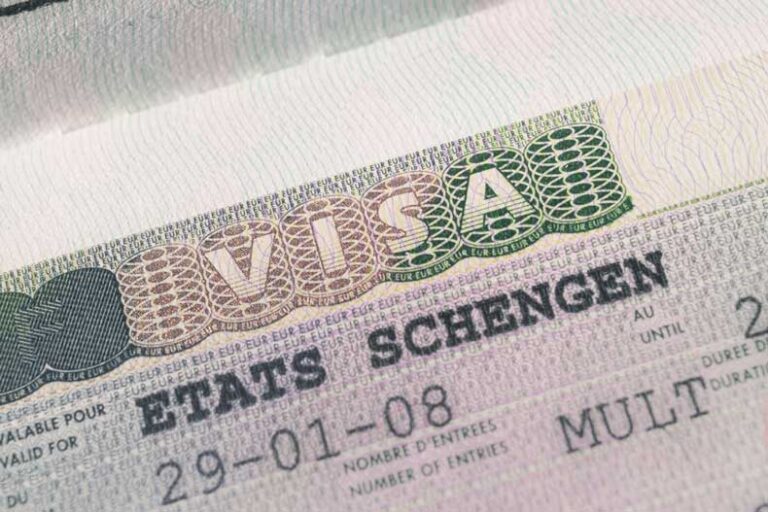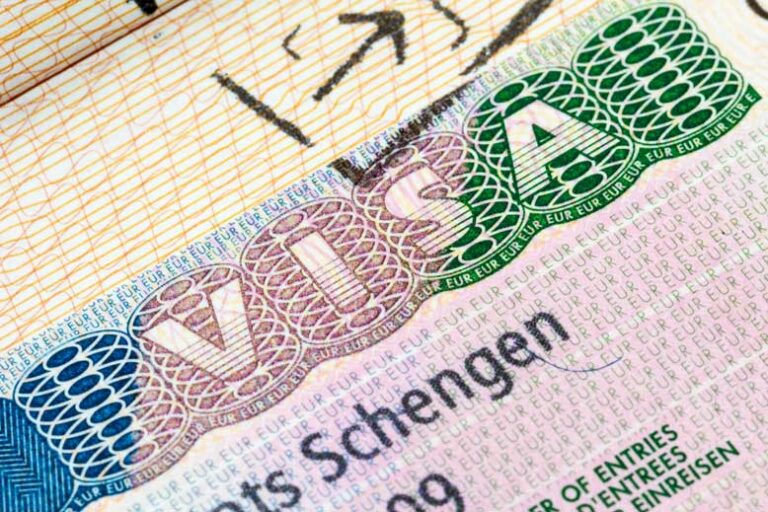 We work with Americans people around the world to become Portuguese dual citizens, and throughout that process, some of the most common question always receive is about taxes.
We work with Americans people around the world to become Portuguese dual citizens, and throughout that process, some of the most common question always receive is about taxes.
- Do you need to pay taxes as a dual citizen?
- How do you pay them?
- How do you avoid overpaying them?
- And how do you keep all your earnings straight?
We developed the following guide to set everything straight for you to figure out US and Portugal taxes for dual citizens.
The Basics: US Tax Requirements
The United States is one of the few countries that taxes based on citizenship rather than residence—so you’ll file US tax returns regardless of where you live. According to the IRS Publication 54, “Tax Guide for U.S. Citizens and Resident Aliens Abroad,” you must report your worldwide income, including:
- Wages and salaries from foreign employers
- Interest from foreign bank accounts
- Rental income from foreign properties
- Investment income from foreign sources
However, the IRS provides a few ways to prevent double taxation (always a major concern!).
The Foreign Earned Income Exclusion (FEIE) allows you to exclude up to $120,000 (2023 tax year) of foreign-earned income from your US taxes. Plus, the Foreign Tax Credit lets you claim a credit for income taxes paid to foreign governments, further reducing the tax burden.
Portuguese Tax System Overview
While the US focused on citizenship alone, Portugal operates on a residence-based taxation system—so you’ll owe taxes if you earn there long before you become a citizen. That means, unless you gained Portugal dual citizenship by descent, you’ve probably already been paying taxes here for some time.
According to Portugal’s Tax Authority (Autoridade Tributária e Aduaneira), you’re considered a tax resident if you:
- Spend more than 183 days in Portugal during a calendar year
- Maintain a permanent residence in Portugal that suggests intention to keep it as a habitual residence
Portuguese tax residents must report their worldwide income to Portuguese authorities. Non-residents are only taxed on Portugal-sourced income.
The Non-Habitual Resident (NHR) Program
Portugal offers a special tax regime called the Non-Habitual Resident (NHR) program. This gives new citizens preferential tax treatment for a period of 10 years. It includes:
- Special 20% flat rate for income from high-value-added activities
- Potential tax exemptions on foreign-source income
- Possible pension income advantages
It’s worth noting that the NHR scheme drastically changed in January 2024, ushering in an era of what is called NHR 2.0.
Still, the NHR in its current state is a favorite for foreign investors using the Golden Visa program.
Key Considerations for Dual Citizens
- FBAR Requirements If you have foreign bank accounts totaling more than $10,000 at any time during the year, you must file a Foreign Bank and Financial Accounts Report (FBAR). This requirement exists regardless of whether you live in the US or Portugal.
- Tax Treaties The US-Portugal Tax Treaty helps prevent double taxation and determines which country has primary taxing rights in various situations. The treaty contains specific provisions for different types of income, including:
- Employment income
- Pension payments
- Investment income
- Business profits
- Social Security Agreements The US and Portugal have a Totalization Agreement that coordinates social security benefits between the two countries. This agreement helps determine where you should pay social security taxes and how benefits are calculated.
Important Tax Filing Deadlines
- US Tax Return: April 15 (June 15 if living abroad)
- FBAR: April 15 (automatic extension to October 15)
- Portuguese Tax Return: March 31 to June 30
Recommendations for Compliance
- Maintain detailed records of all income sources
- Track days spent in each country
- Keep documentation of taxes paid in both countries
- Consider working with tax professionals familiar with both systems
- Stay informed about changes in tax laws and treaties
Expert Assistance
Given the complexity of international tax obligations, it’s always a good idea to work with tax professionals who understand both US and Portuguese tax systems.
Remember that tax laws and treaties can change, and individual circumstances vary significantly. Just in the last couple of years, we’ve seen some major changes. Always do your due diligence to stay on top of these, or else you risk over and underpaying.
Would you like some help understanding how your dual citizenship responsibilities work? Schedule a free, 45-minute consultation call with PDC. Our experts can help get you the support you need to stay on top of residency requirements, taxes, and your path to full citizenship.
This page was last updated with help by Marco Permunian




